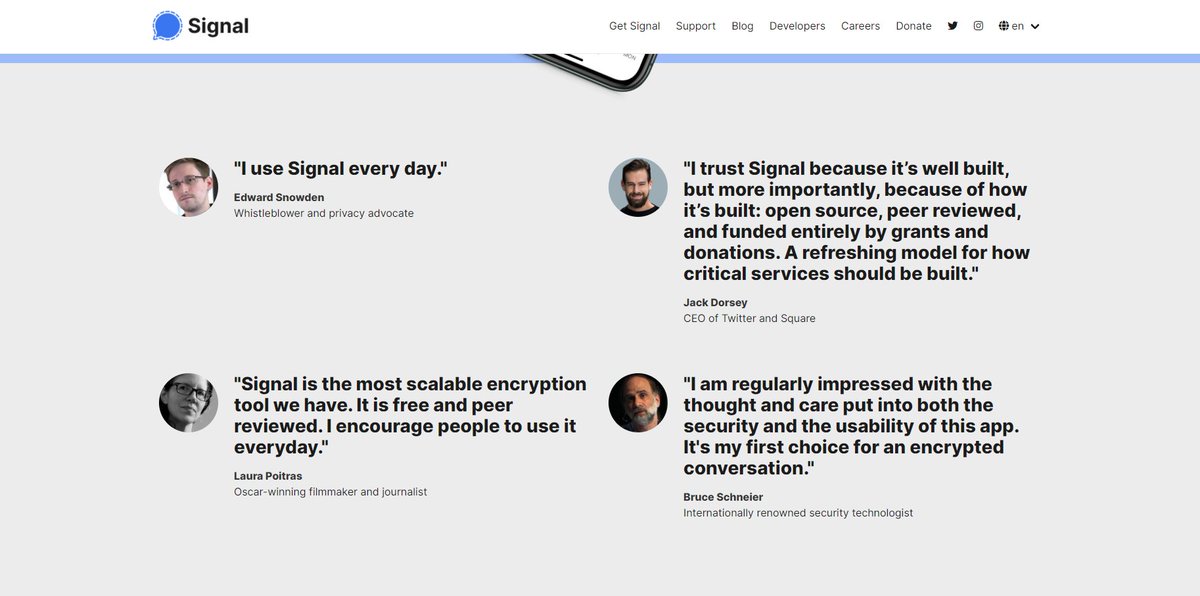
The time when Reliance went through a GameStop a like situation and and how Dhirubhai Ambani turned the tables on the Kolkata bear cartel
And a lesson for entrepreneurs on how to deal with the enemies
Thread Continued
And a lesson for entrepreneurs on how to deal with the enemies
Thread Continued
1/
India’s biggest private sector company Reliance Industries Ltd went public through its initial public offering (IPO) in October 1977, when it issued 2.8 million equity shares of Rs 10 each.
India’s biggest private sector company Reliance Industries Ltd went public through its initial public offering (IPO) in October 1977, when it issued 2.8 million equity shares of Rs 10 each.
2/
As Hamish McDonald writes in his book Ambani & Sons: “Thereafter Reliance expanded its equity base through frequent rights and bonus issues to shareholders...but it was through the use of convertible debentures that Dhirubhai Ambani made his big splash in the capital markets”
As Hamish McDonald writes in his book Ambani & Sons: “Thereafter Reliance expanded its equity base through frequent rights and bonus issues to shareholders...but it was through the use of convertible debentures that Dhirubhai Ambani made his big splash in the capital markets”
3/
After the IPO, the share price of Reliance kept climbing. “In the first year of listing, 1978, Reliance had reached a high of Rs 50, five times the par value of the share, which was a high premium in those times.
After the IPO, the share price of Reliance kept climbing. “In the first year of listing, 1978, Reliance had reached a high of Rs 50, five times the par value of the share, which was a high premium in those times.
4/
In 1980 it hit Rs 104...and in 1982 it reached a high of Rs 186.” In early 1982 Reliance announced a rights issue of partly convertible debentures. Partially convertible debentures are used to borrow money from investors.
In 1980 it hit Rs 104...and in 1982 it reached a high of Rs 186.” In early 1982 Reliance announced a rights issue of partly convertible debentures. Partially convertible debentures are used to borrow money from investors.
5/
They payout a certain rate of interest for a specific period and a part of those debentures is then converted into shares on a later date.
A cartel of bear operators , supposedly from Kolkata, started short selling shares of Reliance .
They payout a certain rate of interest for a specific period and a part of those debentures is then converted into shares on a later date.
A cartel of bear operators , supposedly from Kolkata, started short selling shares of Reliance .
6/
Short selling is a transaction where investors sell shares they do not own, in the hope that the price of the share will fall and they can pick it up at a lower price and make delivery at a later date.
Short selling is a transaction where investors sell shares they do not own, in the hope that the price of the share will fall and they can pick it up at a lower price and make delivery at a later date.
7/
As McDonald writes “The selling pressure was intense on March 18, creating a half-hour of panic just before the close. The bears sold 350,000 Reliance shares, causing the price to fall quickly from Rs 131 to Rs 121.”
As McDonald writes “The selling pressure was intense on March 18, creating a half-hour of panic just before the close. The bears sold 350,000 Reliance shares, causing the price to fall quickly from Rs 131 to Rs 121.”
8/
SK Barua and JR Varma recall in their rather delightful book The Great Indian Scam – Story of the Missing Rs 4,000 crore, “Just before the rights (issue) was to open for subscription, the bears sensed that the management of the company was artificially keeping the price of...
SK Barua and JR Varma recall in their rather delightful book The Great Indian Scam – Story of the Missing Rs 4,000 crore, “Just before the rights (issue) was to open for subscription, the bears sensed that the management of the company was artificially keeping the price of...
9/
...the shares high to ensure full subscription to the rights issue. Accordingly , they started short selling Reliance shares.”
But then something strange happened. “A buying wave began.
...the shares high to ensure full subscription to the rights issue. Accordingly , they started short selling Reliance shares.”
But then something strange happened. “A buying wave began.
10/
The more the bears sold – the numbers got to 1.1 million shares – the more NRI investors ‘based in West Asian countries’ picked up.
Eventually they bought more than 800,000 shares sold by the bears,” writes McDonald.
The more the bears sold – the numbers got to 1.1 million shares – the more NRI investors ‘based in West Asian countries’ picked up.
Eventually they bought more than 800,000 shares sold by the bears,” writes McDonald.
11/
This left everybody bewildered on who was buying Reliance shares. These investors evidently spent around Rs 10 crore buying Reliance shares.
This left everybody bewildered on who was buying Reliance shares. These investors evidently spent around Rs 10 crore buying Reliance shares.
12/
During those days settlement of shares at the Bombay Stock Exchange used to happen every second Friday unlike the current T+3 working days settlement.
During those days settlement of shares at the Bombay Stock Exchange used to happen every second Friday unlike the current T+3 working days settlement.
13/
So in this particular case the bears who had short sold Reliance shares, had to either deliver those shares on the settlement day or pay something known as an undha badla, in case they did not have the shares required for delivery, to carry over...
So in this particular case the bears who had short sold Reliance shares, had to either deliver those shares on the settlement day or pay something known as an undha badla, in case they did not have the shares required for delivery, to carry over...
14/
...the transaction to the next settlement date.
Undha badla was a per share charge that the bears had to pay the bulls in case they did not have the shares required for delivery on the settlement day.
...the transaction to the next settlement date.
Undha badla was a per share charge that the bears had to pay the bulls in case they did not have the shares required for delivery on the settlement day.
15/
On April 30, the NRI investors who had been buying the shares of Reliance being short sold by the bears, demanded delivery of the shares.
In case, the bears did not have the shares, the investors demanded an undha badla of Rs 25 per share.
On April 30, the NRI investors who had been buying the shares of Reliance being short sold by the bears, demanded delivery of the shares.
In case, the bears did not have the shares, the investors demanded an undha badla of Rs 25 per share.
16/
As McDonald writes “The bear cartel baulked, throwing the exchange into a crisis that shut it down until the following Wednesday.
In the following days the price of Reliance shares rose to a peak of Rs 201 as the bear brokers located shares to fulfill their sales."
As McDonald writes “The bear cartel baulked, throwing the exchange into a crisis that shut it down until the following Wednesday.
In the following days the price of Reliance shares rose to a peak of Rs 201 as the bear brokers located shares to fulfill their sales."
17/
The need to make the delivery of Reliance shares ensured that the price of the Reliance shares remained high in the days to come.
“The prices of Reliance shares remained high in the days following the incident because of persistent buying by the entrapped bears.
The need to make the delivery of Reliance shares ensured that the price of the Reliance shares remained high in the days to come.
“The prices of Reliance shares remained high in the days following the incident because of persistent buying by the entrapped bears.
18/
It was rumored that the major supplier of share certificates to the market during that period was none other than the late Dhirubhai Ambani, the chairman and managing director of the company.
It was rumored that the major supplier of share certificates to the market during that period was none other than the late Dhirubhai Ambani, the chairman and managing director of the company.
19/
By merely routing his shares through the desperate bears, he extracted a handsome penalty through price difference.
The bears bought the shares at high prices from him and delivered it back to him at the contracted price of Rs 150!” write Barua and Varma.
By merely routing his shares through the desperate bears, he extracted a handsome penalty through price difference.
The bears bought the shares at high prices from him and delivered it back to him at the contracted price of Rs 150!” write Barua and Varma.
20/
This story, other than giving us an example of Ambani’s shrewdness, also tells us very clearly that in business it is necessary to deliver the knock-out punch to the enemy.
This story, other than giving us an example of Ambani’s shrewdness, also tells us very clearly that in business it is necessary to deliver the knock-out punch to the enemy.
21/
And to deliver that knock-out punch it is very necessary for the CEO to have the ability to role up his sleeves, take things into their own hands and rescue the situation before it goes out of hand.
And this is what made Dhirubhai, the successful man that he was.
And to deliver that knock-out punch it is very necessary for the CEO to have the ability to role up his sleeves, take things into their own hands and rescue the situation before it goes out of hand.
And this is what made Dhirubhai, the successful man that he was.
• • •
Missing some Tweet in this thread? You can try to
force a refresh




